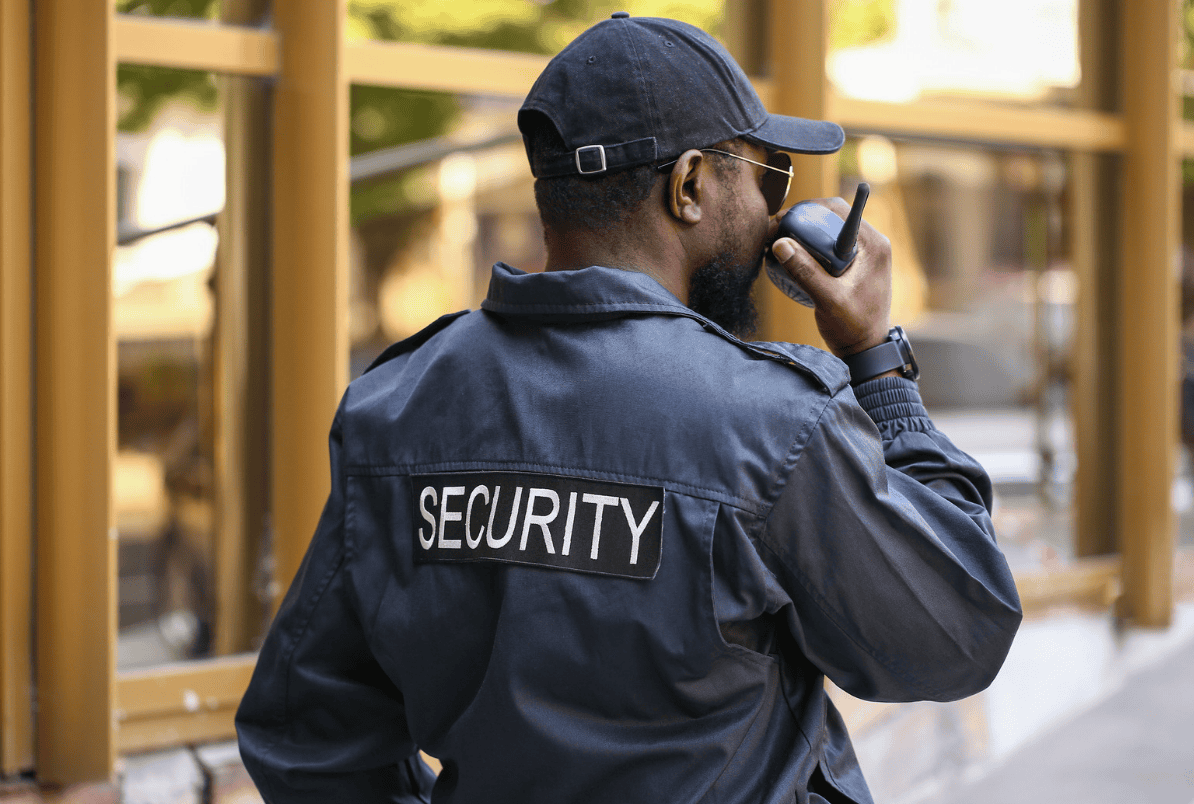The psychology behind effective communication in high-stress security environments is complex and multi-faceted. It involves understanding human behavior, emotions, and responses to stress.
By delving into this subject matter, we can gain valuable insights that can help us improve our communication skills in such challenging situations.
The Impact of Stress on Communication in Security Environments
Stress can have a significant impact on communication in high-stress security environments. When individuals are under intense pressure and faced with potentially dangerous situations, their ability to communicate effectively can be greatly hindered.
This is especially true for security personnel who must maintain clear and concise communication amidst chaos and uncertainty. The physiological effects of stress, such as increased heart rate and shallow breathing, can also make it difficult for individuals to convey information.
As such, developing strong communication skills for security personnel is crucial in maintaining order and ensuring the safety of both themselves and others in these challenging environments. Understanding the impact of stress on communication can help us better navigate and mitigate its effects, allowing effective communication to prevail even in the most high-stress security situations.

Understanding Human Behavior in High-Stress Situations
In high-stress security environments, understanding human behavior becomes essential in effectively communicating with others. People tend to respond differently when faced with stress, and their reactions can greatly affect communication dynamics. Some may become more agitated and aggressive, while others may withdraw and become unresponsive.
Understanding these behaviors can help us adapt our approach and find the most effective way to communicate in these situations. Recognizing common behavioral patterns can also enable us to de-escalate tense situations and maintain a sense of control amidst chaos.

Managing Emotions for Effective Communication in Security Settings
Managing emotions is important for effective communication in high-stress security environments. Emotions can run high in these situations, and if not managed properly, they can lead to conflicts and breakdowns in communication.
Security personnel must remain calm and composed while addressing challenging situations, as their actions and words can greatly impact others’ responses.
Being aware of one’s own emotions and the emotions of those around them can help individuals regulate their reactions and choose appropriate language to convey information effectively. This requires a level of self-awareness and emotional intelligence that can be developed through training and practice.

Strategies for Clear and Concise Communication Under Pressure
In high-stress security environments, clear and concise communication is crucial for maintaining control and ensuring safety. Some effective strategies for communicating under pressure include staying focused on the main point, using simple and direct language, and actively listening to others.
Avoid unnecessary information or jargon that can confuse or complicate the message. Moreover, establishing a clear chain of command and designated communication protocols can help streamline communication in these fast-paced situations.
Effective communication in high-stress security environments requires an understanding of stress’s impact on communication, human behavior, emotion management, and specific strategies for effective communication under pressure. By continuously developing and honing these skills, security personnel can effectively navigate challenging situations and maintain safety and order.


